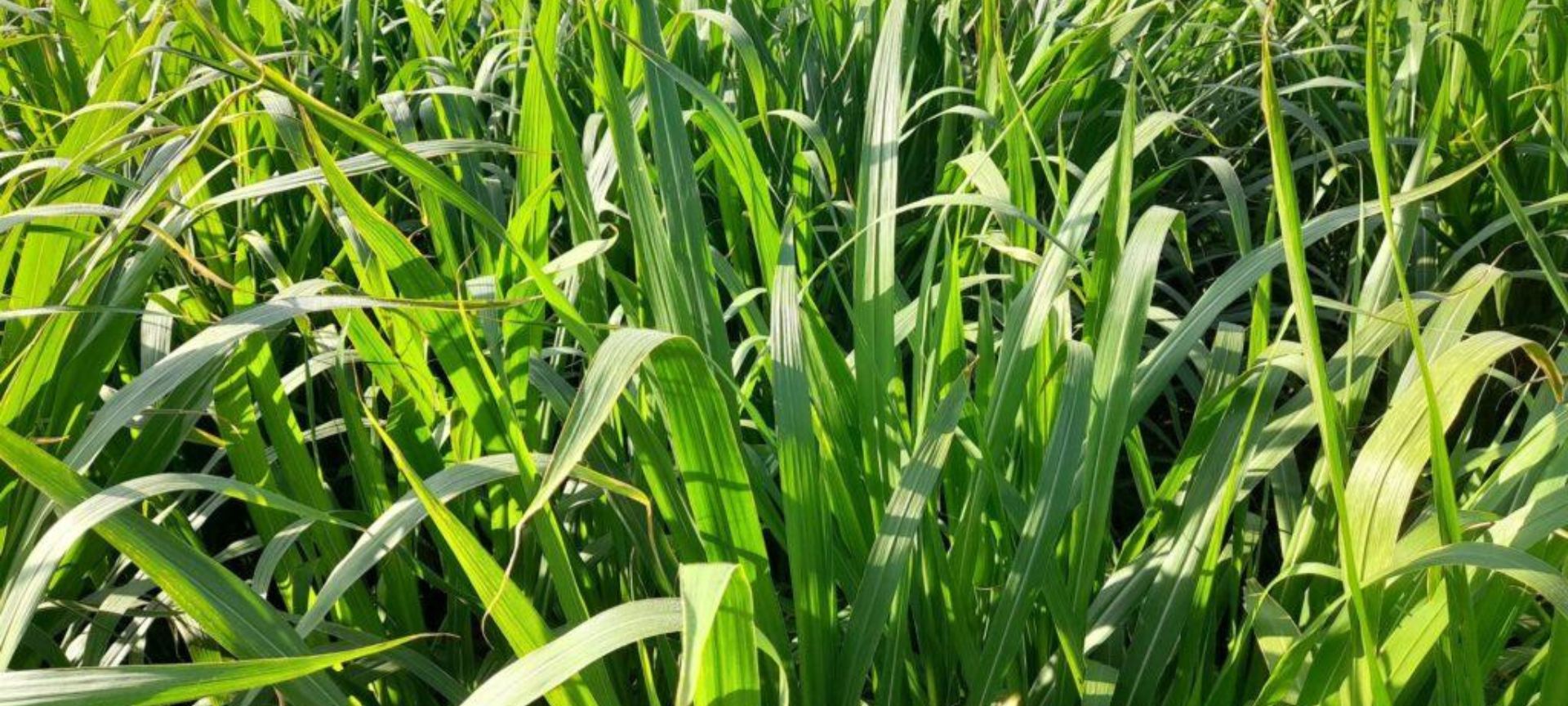
Product
Juncao Grass
Type
Organic
Category
Napier Grass
About Juncao Grass
Juncao grass, also known as Leucaena leucocephala, is a versatile and sustainable type of grass that has gained recognition for its numerous agricultural benefits. Originating from China, Juncao grass has been extensively cultivated and utilized for various purposes due to its remarkable adaptability to different climates and soil conditions.
This grass species belongs to the legume family and possesses significant nitrogen-fixing capabilities, making it an ideal choice for improving soil fertility and enhancing crop yields. With its rapid growth rate and ability to thrive in both arid and humid environments, Juncao grass has emerged as a valuable resource for farmers seeking to enhance the productivity and sustainability of their agricultural practices.
Harvest Innovations
Multiple Harvests: One of the key harvest innovations associated with Juncao grass is its ability to be harvested multiple times throughout the year. This grass exhibits vigorous regrowth after each harvest, allowing farmers to obtain continuous yields without the need for frequent replanting.
Mechanized Harvesting: Advances in agricultural machinery have facilitated mechanized harvesting techniques for Juncao grass, enabling farmers to efficiently harvest large quantities of grass with minimal labor input. Mechanized harvesting not only reduces manual labor but also increases overall productivity and efficiency.
Value-Added Products: Innovations in processing technology have led to the development of various value-added products derived from Juncao grass, such as animal feed, biofuels, and biodegradable packaging materials. By utilizing different parts of the grass plant, farmers can maximize the economic value of their harvests and diversify their revenue streams.
Precision Agriculture: Integration of precision agriculture techniques, such as satellite imaging and sensor-based monitoring, has revolutionized the way Juncao grass is cultivated and harvested. These technologies allow farmers to optimize resource allocation, monitor crop health, and make data-driven decisions to improve overall productivity and sustainability.
Advantages of Juncao Grass:
Soil Improvement: Juncao grass has the ability to fix nitrogen in the soil, thereby enhancing soil fertility and reducing the need for synthetic fertilizers. This promotes sustainable agricultural practices and helps mitigate environmental degradation.
High Yield Potential: With its rapid growth rate and multiple harvests per year, Juncao grass offers high yield potential compared to traditional forage crops. This makes it an attractive option for farmers seeking to maximize their agricultural output.
Versatility: Juncao grass can be used for various purposes, including animal feed, soil erosion control, biogas production, and green manure. Its versatility makes it a valuable asset for diversified farming systems and agroecological approaches.
Climate Resilience: Due to its adaptability to different climatic conditions and soil types, Juncao grass exhibits resilience to environmental stresses such as drought and salinity. This resilience makes it a reliable crop choice for farmers facing uncertain weather patterns and changing climatic conditions.
Overall, Juncao grass represents a sustainable and multifaceted solution for addressing various agricultural challenges while promoting environmental stewardship and economic prosperity.
About Super Napier grass
Greenwood Kikwetu Ranch also cultivates the Super Napier grass, also known as Pakchong or Hybrid Napier, a high-yield fodder crop with exceptional characteristics. Developed through the hybridization of tissue from the pearl buckwheat tree and African Napier grass, this hybrid exhibits superior traits such as increased yield, resistance to pests and diseases, and tolerance to drought and flooding.
Characteristics:
- High productivity: Produces up to 20 tons of dry matter per hectare annually, with 7-8 harvests per year.
- Longevity: Continuously yields for 7-8 years with a yearly harvest of 180-200 metric tons per acre.
- Pest and disease resistance: Offers enhanced protection against common agricultural threats.
- Palatability: Highly appealing to livestock, making it an excellent choice for animal feed.
- Environmental resilience: Thrives in areas prone to extreme weather conditions.
Harvesting and feeding:
- First harvest after 90 days, followed by subsequent harvests every 45-60 days.
- Grass should be cut at 1.5 meters height, dried for 2-3 days before storage.
- Feed fresh or dried grass to livestock, chopped or shredded, and mixed with other feeds for optimal nutrition.
Greenwood Kikwetu Ranch utilizes Super Napier grass as a staple fodder crop, providing high-quality nutrition for livestock while maximizing agricultural productivity and sustainability.

